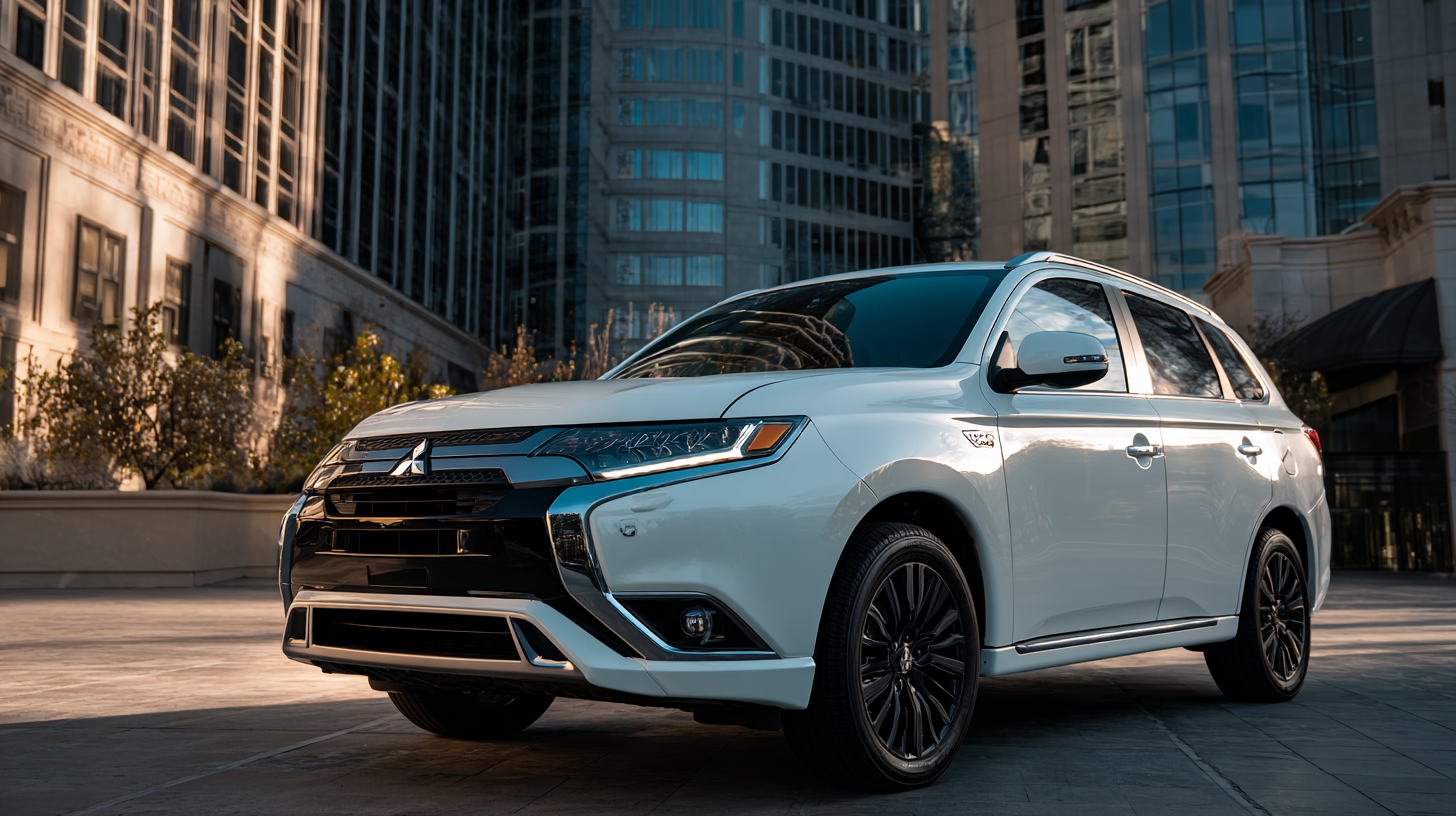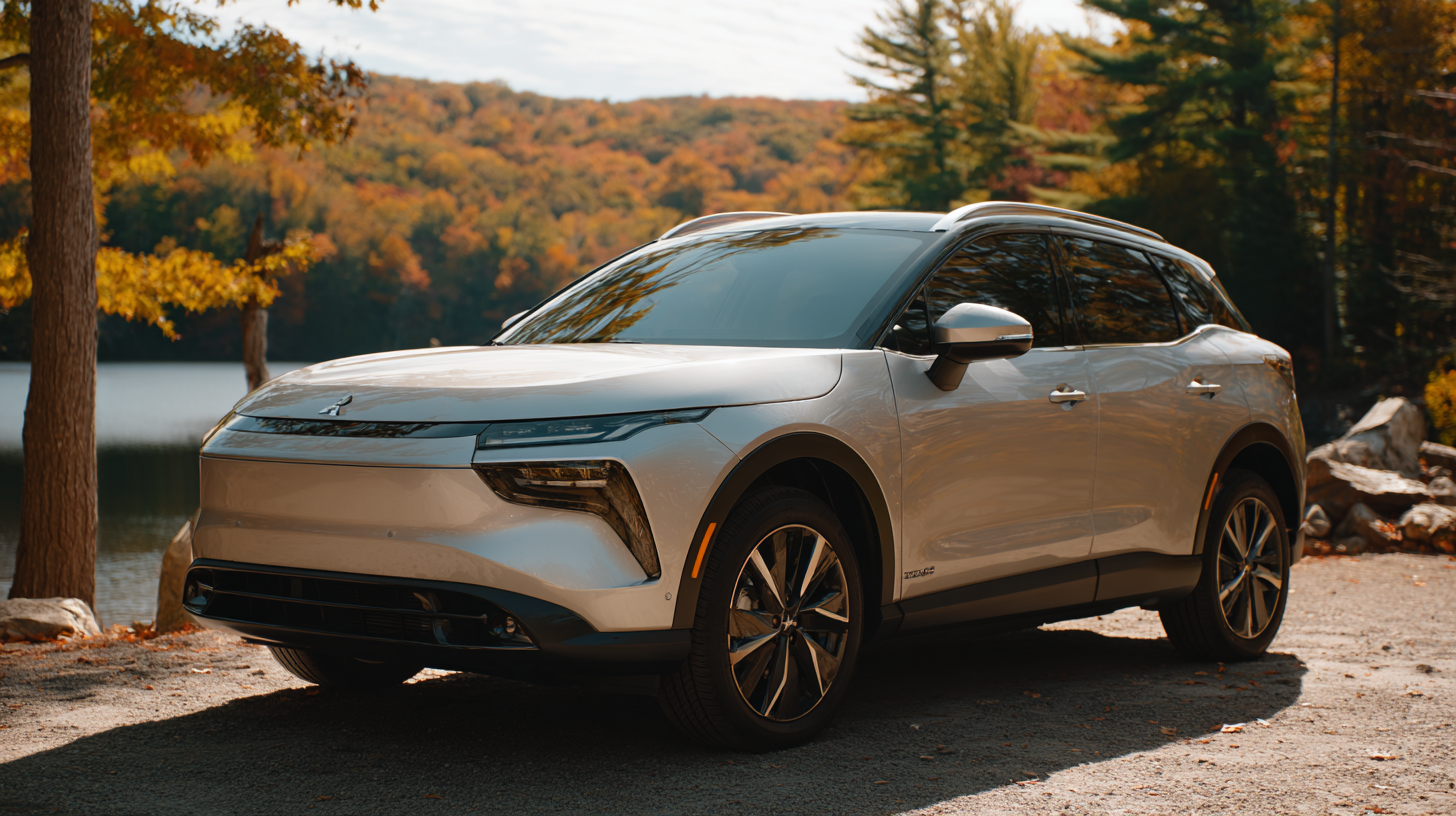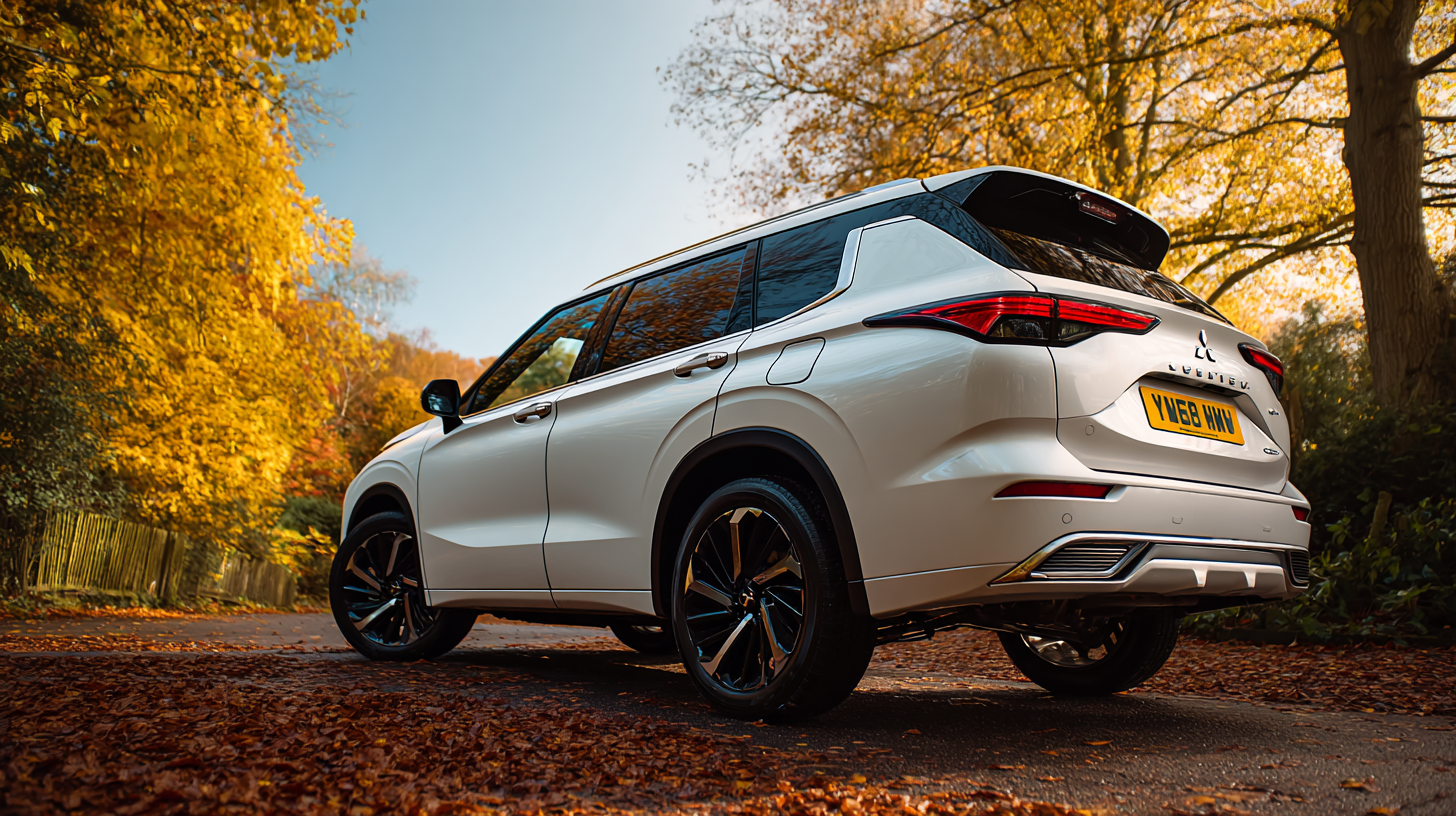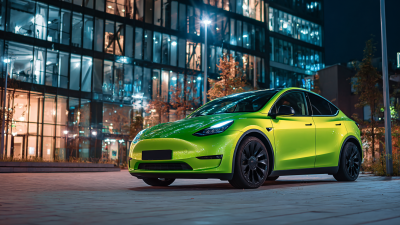In an era where sustainability meets performance, choosing the right vehicle can be a daunting task. With the growing popularity of eco-friendly options, PHEV SUVs have emerged as a revolutionary choice for modern drivers seeking to balance practicality with environmental consciousness. This blog explores the seven best reasons to opt for a PHEV SUV as your next vehicle. From their impressive fuel efficiency and lower emissions to the convenience of electric driving paired with the versatility of traditional SUVs, PHEV SUVs embody the perfect blend of power and eco-friendliness. Discover how these vehicles not only enhance your driving experience but also contribute to a more sustainable future. Whether you're commuting to work, embarking on a family road trip, or navigating city streets, a PHEV SUV stands out as a smart choice that aligns with today's lifestyle and values.

Plug-in hybrid electric vehicles (PHEVs) are gaining impressive traction in the SUV market, particularly due to their fuel efficiency, making them an ideal choice for daily commutes. According to the U.S. Department of Energy, PHEVs can achieve an average fuel economy of 54 miles per gallon (MPG) when combining electric and gasoline driving. This translates to significant savings on fuel expenses, especially for those who drive longer distances regularly. With many commuters covering less than 30 miles for daily trips, PHEVs equipped with robust electric ranges allow drivers to complete most of their weekday journeys emissions-free.
Moreover, recent studies show that switching to a PHEV can substantially reduce carbon emissions. The Union of Concerned Scientists found that PHEVs produce 50% less emissions compared to traditional combustion-engine SUVs over their lifetime. This environmentally friendly aspect is paired with the financial incentive of federal tax credits, which can further compensate for the initial costs of a PHEV. As these vehicles become more refined and accessible, they offer both economic and ecological advantages that appeal to the modern driver looking for a sustainable yet powerful SUV option.
Driving a Plug-in Hybrid Electric Vehicle (PHEV) SUV presents numerous environmental benefits that make it an appealing choice for eco-conscious consumers. One of the most significant advantages is the reduction of greenhouse gas emissions. PHEV SUVs utilize both an electric motor and a gasoline engine, allowing them to operate on electric power for shorter trips, which can drastically cut down on carbon footprints compared to traditional gasoline vehicles. By seamlessly transitioning between electric and gas power, PHEV SUVs help lower the overall dependency on fossil fuels.
Another critical benefit is the potential for improved air quality. With their ability to run on electric energy, PHEV SUVs produce fewer tailpipe emissions when compared to conventional vehicles. This contributes to a decrease in air pollutants such as nitrogen oxides and particulate matter, which are harmful to both human health and the environment. Furthermore, as charging infrastructure continues to expand and renewable energy sources become more prevalent, the environmental impact of driving a PHEV SUV will further diminish, promoting a cleaner and healthier planet for future generations. Embracing this innovative vehicle choice not only aligns with personal sustainability goals but also fosters a collective effort toward mitigating climate change.

When considering a Plug-in Hybrid Electric Vehicle (PHEV) SUV, one of the most compelling factors is the potential for substantial cost savings. According to the U.S. Department of Energy, PHEV owners can save an average of $4,000 to $8,000 over the first five years compared to traditional gas vehicles. This savings stems not only from lower fuel costs but also from various federal and state tax incentives designed to encourage the adoption of environmentally friendly vehicles. For instance, buyers of new PHEVs can take advantage of a federal tax credit of up to $7,500, depending on the battery capacity, significantly lowering the upfront purchase price and making these vehicles more financially appealing.
In addition to tax incentives, the fuel savings from driving a PHEV are noteworthy. A report by the Union of Concerned Scientists states that, on average, PHEVs can achieve a fuel economy of around 50 miles per gallon, particularly in electric-only mode. As gas prices fluctuate, PHEV owners often find themselves spending considerably less on fuel than their gasoline-only counterparts. This combination of substantial tax savings and reduced fuel expenses positions PHEV SUVs as a wise investment for budget-conscious consumers looking for a sustainable and cost-effective vehicle choice.
When it comes to family vehicles, versatility and space are paramount, and Plug-in Hybrid Electric Vehicle (PHEV) SUVs excel in both areas. The spacious interiors of PHEV SUVs often provide ample room for families, accommodating everything from booster seats to sports equipment. According to the International Energy Agency (IEA), the popularity of PHEVs has surged, demonstrating a 50% increase in sales over the past year alone, indicating a growing recognition of their family-friendly features.
Moreover, PHEV SUVs not only offer accommodating space but also flexible driving options. With electric-only range capabilities, families can tackle daily commutes without using gasoline, significantly reducing fuel expenses and emissions. For instance, a study by the U.S. Department of Energy highlights that PHEVs can reduce greenhouse gas emissions by up to 40% compared to traditional vehicles, making them a sustainable choice for eco-conscious families. The combination of versatile cargo space and eco-friendly driving makes PHEV SUVs an ideal choice for those seeking practicality and sustainability in their next vehicle.
Plug-in Hybrid Electric Vehicles (PHEVs) have made significant strides in technology, making them an increasingly appealing choice for consumers. One of the standout features is their ability to seamlessly switch between electric power and gasoline, offering flexibility and efficiency. According to a report from the International Energy Agency, the global market for PHEVs is expected to grow by 20% annually, highlighting a growing consumer awareness of eco-friendliness combined with practicality.
Advanced technology in PHEV SUVs includes regenerative braking systems that efficiently capture energy during deceleration, enhancing overall energy use. Additionally, many PHEV SUVs come equipped with smart connectivity features, allowing drivers to monitor battery levels and charge stations through mobile apps. A study from the Automotive Research Institute found that vehicles with such integrated technologies see a 30% increase in user satisfaction, which speaks volumes about the strategic advantage for manufacturers in this competitive market. Embracing these modern technologies not only reduces carbon footprints but also aligns with the evolving expectations of tech-savvy, environmentally-conscious drivers.







